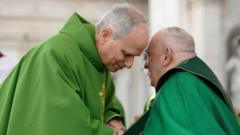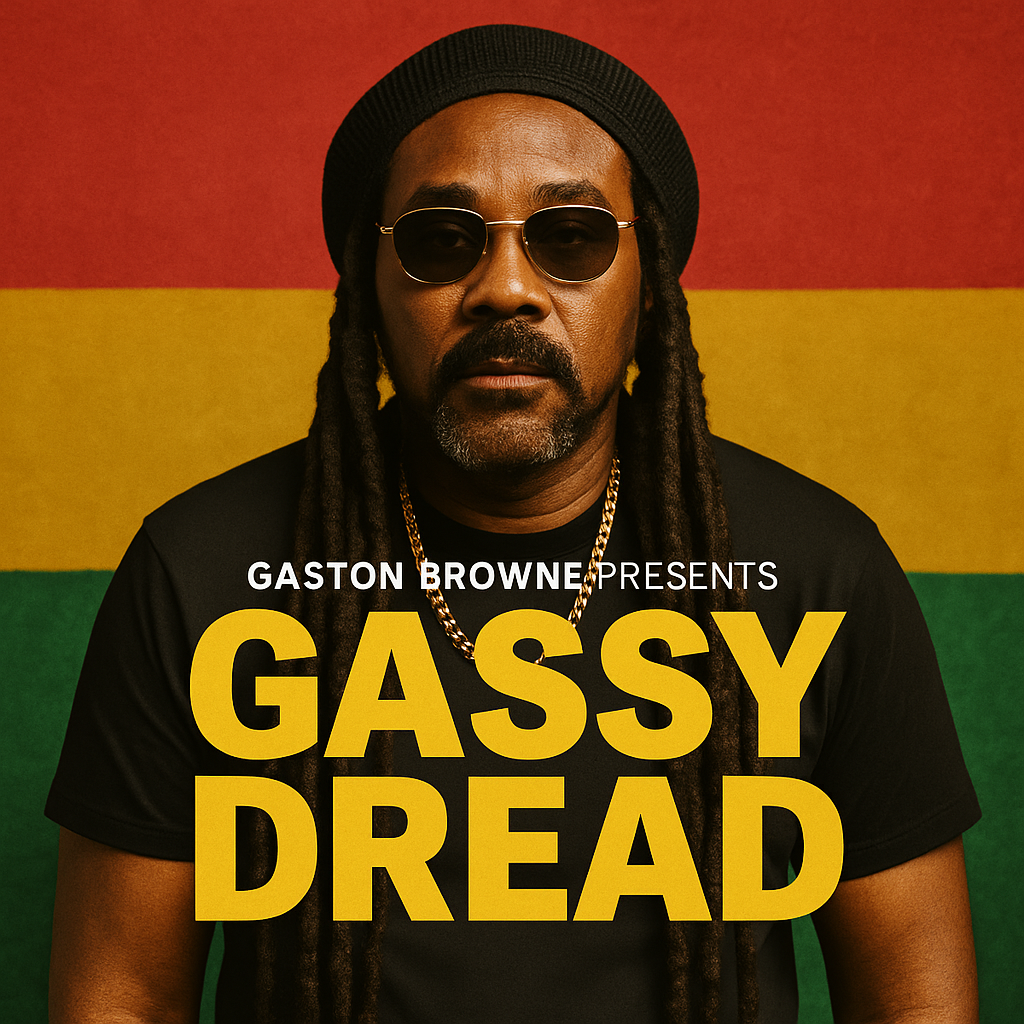Pope Leo XIV, the newly elected pontiff, was chosen swiftly amid discussions surrounding the essential qualities sought by the voting cardinals. Prior to his election, it became clear that the themes of "continuity" and "unity" resonated deeply among the clergy as they contemplated the philosophy of leadership needed in these tumultuous times.
Pope Francis' impactful outreach to marginalized communities and the voiceless was acknowledged, highlighting the importance of his legacy. However, the conclave recognized that the new pope would need to mend the sometimes fractious divisions within the Church, often dominated by traditionalist and progressive factions. It was under this backdrop that Prevost's candidacy gained traction; with his supportive stance towards Pope Francis, he was regarded as a bridge between differing ideologies.
The Church's mandate extended beyond its walls, demanding a leader who could address humanity's pressing challenges amidst a backdrop of war and division. Cardinal Prevost, a dual national from the U.S. and Peru, was perceived as someone who could resonate with both North American and Latin American constituencies, effectively connecting diverse perspectives.
Criticism loomed over Pope Francis regarding his perceived disconnect with U.S. allies on pressing issues like migration and climate change. However, during his inaugural address from St. Peter's balcony, Pope Leo XIV underscored the importance of "building bridges" and proclaimed a vision of global unity, evoking the essence of Francis' teachings.
As his papacy begins, Prevost's past—including his political ideologies and handling of sensitive matters—will undergo intense scrutiny. His initial support from cardinals suggests confidence in his capacity to navigate the complex landscape of Church leadership. While formidable challenges await, Prevost commences his reign with a solid foundation and a homegrown mandate, positioning him as a pivotal figure for the Catholic Church's future.





















